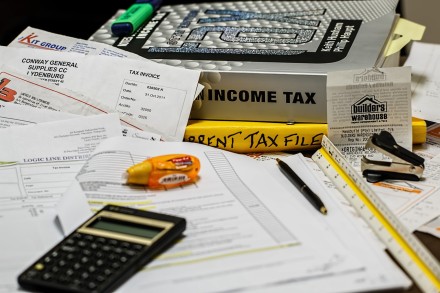
Bonus depreciation, in tax terms, refers to an accelerated form of depreciation available on certain types of assets.
In simplified terms, taxpayers can use bonus depreciation on an asset if both of the following are true:
- The asset is brand new, and
- The asset has a recovery period of 20 years or less
In some years, bonus depreciation was set at 100% — meaning a taxpayer could expense the entire cost of the asset in year 1. The current rules call for 50% bonus depreciation. Here’s how it works.
Example
Joe the Window Washer buys an asset for $10,000. The asset has a recovery period of 7 years under normal “MACRS” depreciation rules. Joe can take an immediate deduction of 50% of the purchase cost as bonus depreciation. The remaining $5,000 of the purchase price is depreciated like normal under MACRS.
How is this Different from Section 179?
Section 179 refers to a deduction for asset purchases where a taxpayer can immediately expense 100% of the purchase price. There are two key differences between Section 179 and bonus depreciation:
- Section 179 can be taken on ANY asset placed in service during the year, regardless of whether the asset is new or used, BUT ….
- The Section 179 deduction is limited to business income for the year. Meaning, if a business is showing a loss, it can’t use the Section 179 deduction.
Bonus depreciation can be taken even if the business is showing a loss for the year.
Bonus Depreciation is Optional
Bonus depreciation is generally the default depreciation method, but taxpayers can elect out of using bonus depreciation and instead take regular MACRS depreciation instead. The reasons for doing this need to be covered in their own blog post, but basically:
- It might be better, strategically, to not take the 50% deduction in the first year and instead get bigger MACRS deductions in future years, especially if the current year is a loss year but the business is expected to be more profitable in future years.
- Iowa doesn’t currently honor bonus depreciation, meaning taxpayers have to re-calculate their depreciation deductions for Iowa purposes. This can be a big pain, especially for pass-through entities. I almost always encourage my pass-through clients (partnerships and S-corps) to elect out of bonus depreciation for this reason.

